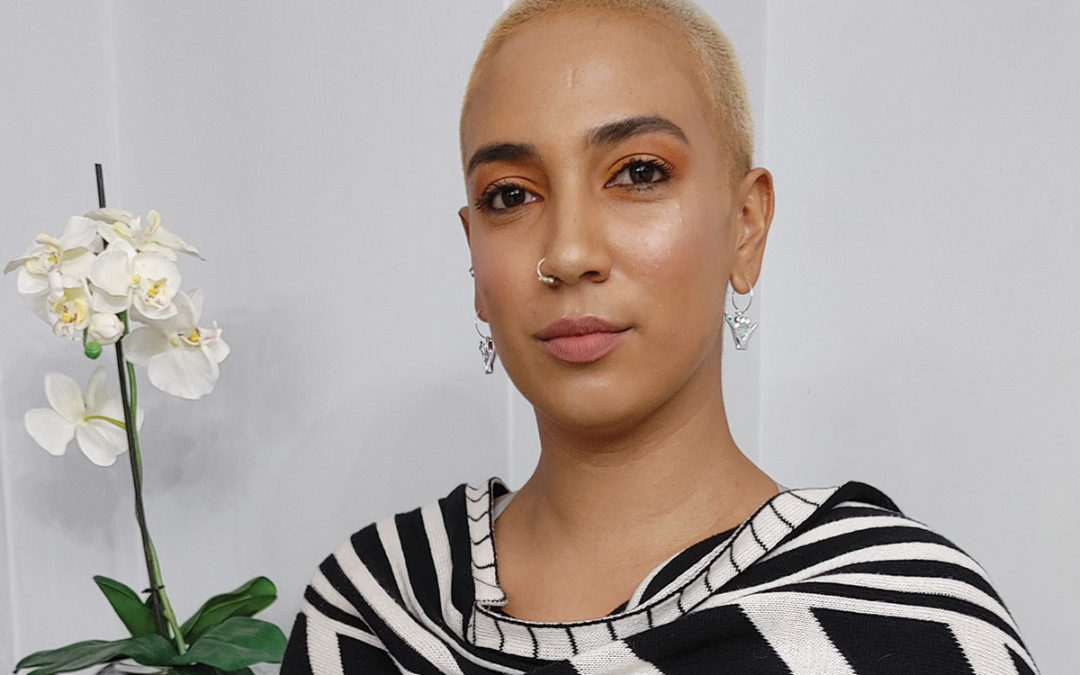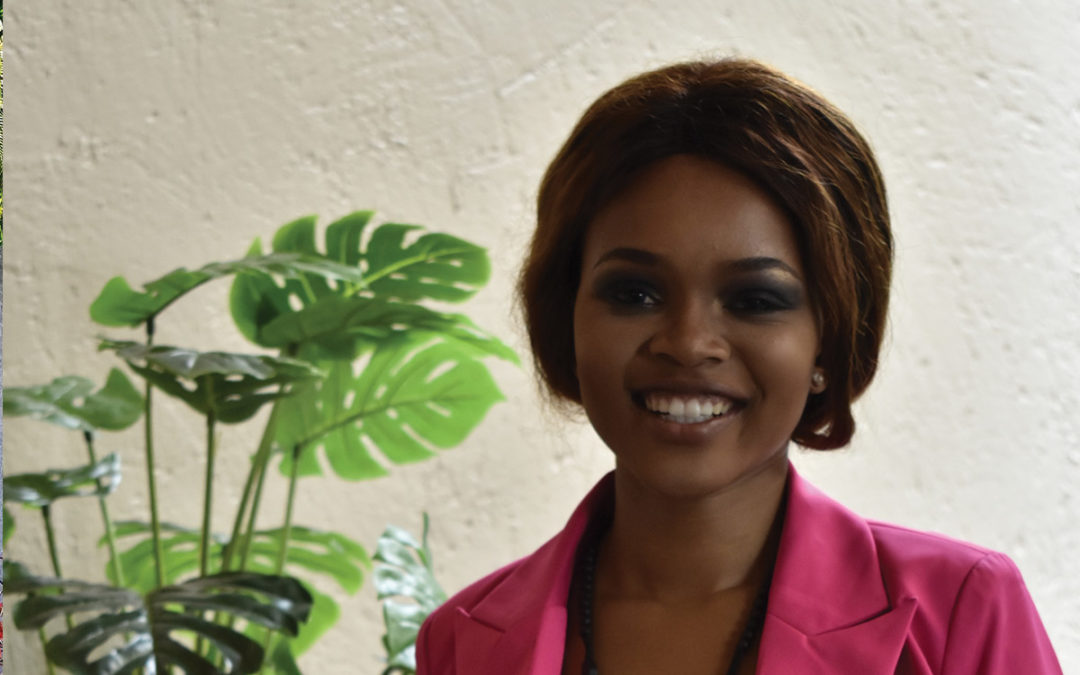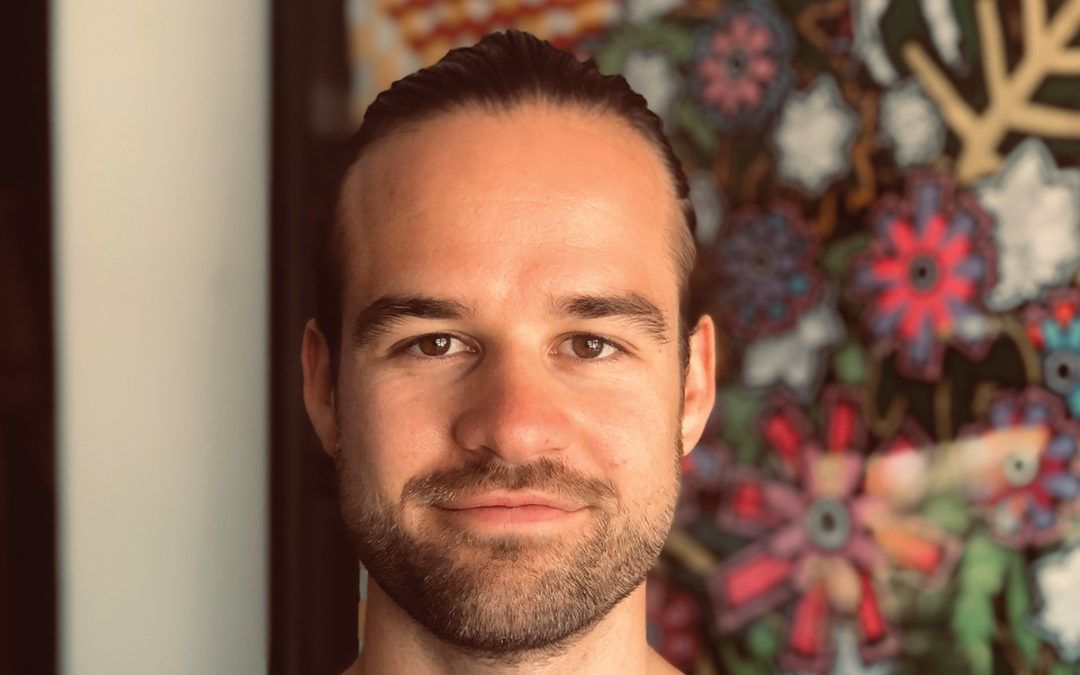The average person who menstruates will spend between R15 000 and R25 000 on sanitary products in their lifetime. And more often than not, those products are harmful effects to a person’s health and the environment.
Zizipho Ntobongwana, who has a Bachelor of Social Science and honours in African studies from the University of Cape Town, started Sheba Feminine in 2017 to undo some of the damage done by the multi-billion dollar industry. Sheba Feminine’s organic cotton and biodegradable products contribute to living sustainably.
“I would like to see higher expectations placed on the companies producing these products,” Ntobongwana says, adding that they should be transparent about what goes into making tampons and sanitary pads.
But Ntobongwana’s interests lie beyond conscious consumerism. She is also passionate about reproductive and sexual health and works to remove the shame associated with these subjects. This means using her platform “to break taboos, shutter stigmas and to normalise a different and revolutionary conversation”. The Sheba Feminine blog helps readers make informed decisions about their health and their effect on the environment.
Ntobongwana says making her first sale at Sheba Feminine has been her biggest accomplishment so far. “It felt like all of that time, love and effort had finally culminated into something tangible.”
The company is an important part of the conversation Ntobongwana wants to start. But it is also just the beginning. “The possibilities are endless with what I can achieve and change,” she says.




































